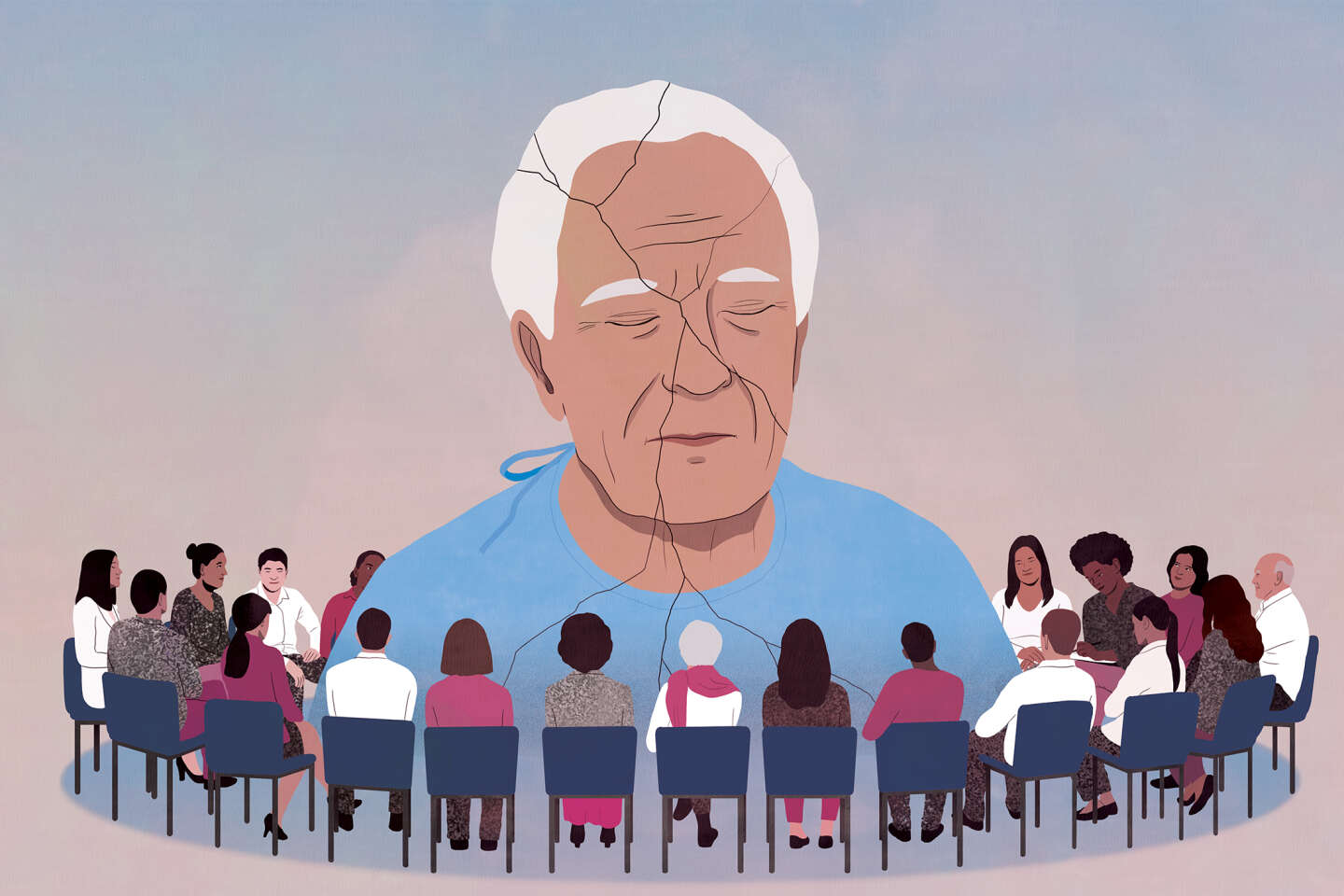
It is a charming room in the attic of the Cochin Hospital in Paris. To get there you have to go through the reception hall, go down a corridor, open a door, go to the first floor, go through another door and climb to the third floor. Around thirty people meet here as a team every Thursday evening from 6 p.m. to 8 p.m. The reason ? Analyze and discuss a specific medical case that raises an ethical question. Welcome to the Clinical Ethics Center (CEC) of the AP-HP (Assistance publique-Hôpitaux de Paris). Exceptionally, the team agreed to open their doors to us.
Created as an extension of the Law of March 4, 2002 on Patients’ Rights (known as “Kouchner law”) from Veronique Fournier, a public health physician and cardiologist, this structure, which she led until 2020, is tasked with supporting ethically difficult medical decisions. How can a situation be resolved during a conflict? What do you say to a patient who doesn’t want to have surgery or a parent who refuses to give their child a transfusion? A healthcare team that is willing to stop treatments if the family objects – or vice versa? To a disabled person who wants to die? In other words, how can we respond to the demands of some when others deny them?
The concept of clinical ethics was born in the United States in the 1970s. An American doctor, Mark Ziegler, is one of its designers. According to him, “Knowing how to discuss a question of clinical ethics is as much a rule of good medicine as knowing how to prescribe the right medication.”. At the request of the nursing staff, the family or even the patient himself, the center only provides advisory opinions. There is no talk of replacing the health team. His role is to help those involved remove blockages and expand thinking to determine what is best for the patient.
“Primum non nocere”
To do this, the team relies on the four basic principles of biomedical ethics that philosophers James Childress and Tom Beauchamp described in their book The principles of medical ethics (Les Belles Lettres, 2008; originally published in 1979), major work of contemporary medical ethics: beneficence (improving the patient’s health), non-maleficence (at least doing no harm – “Primum non-marriage”said Hippocrates), justice and finally respect for the patient’s autonomy.
You still have 80% of this article left to read. The rest is reserved for subscribers.





